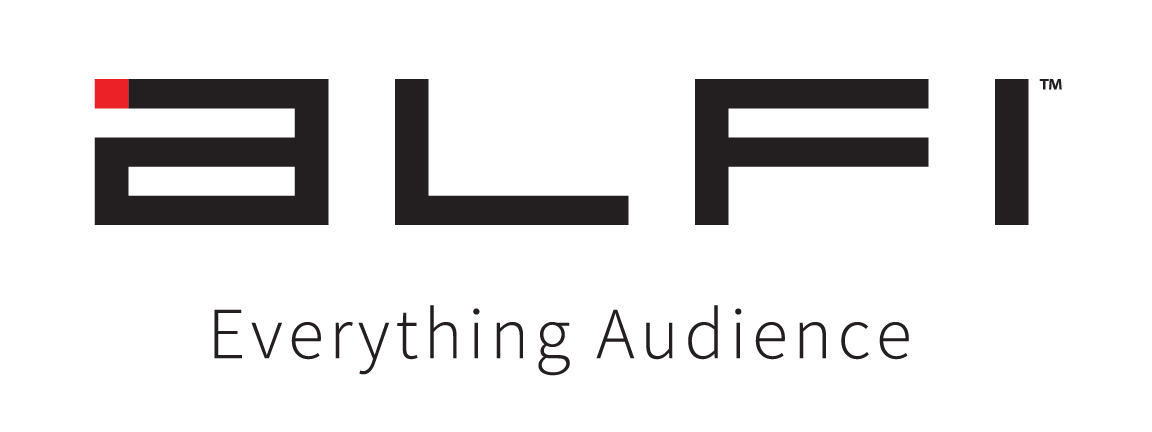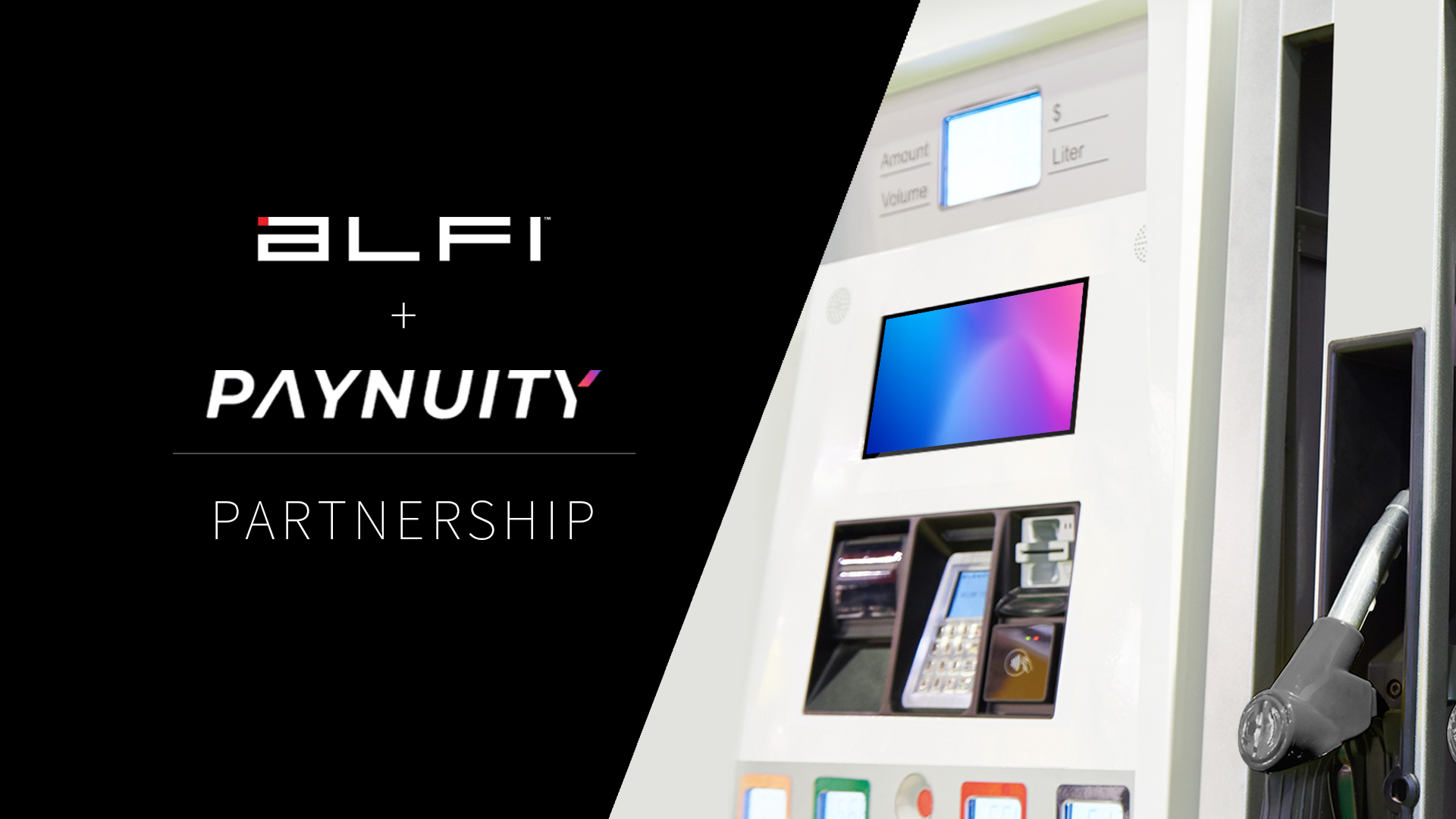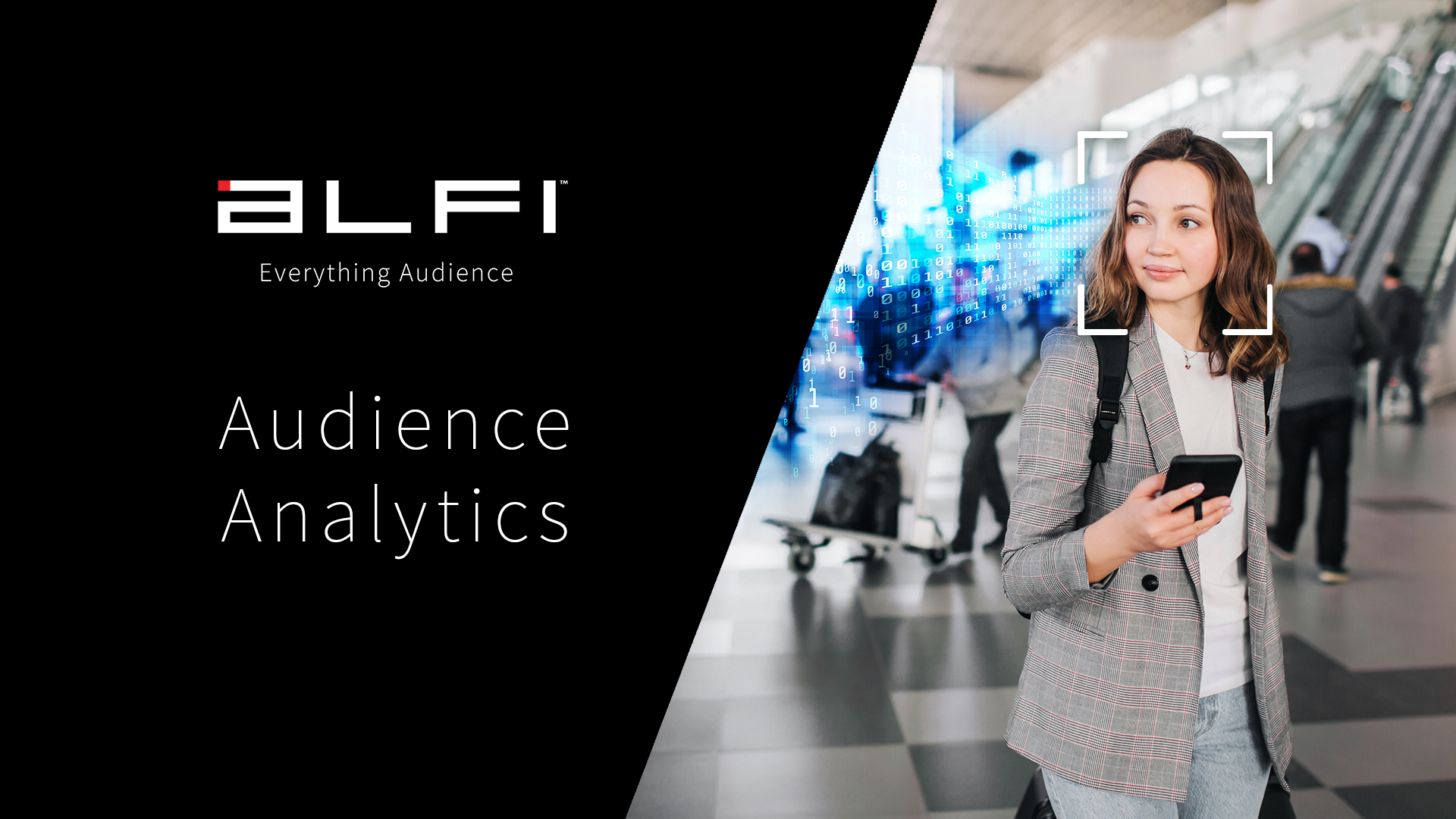When it comes to the hotly debated topic of data privacy, there is no shortage of concern amongst people everywhere about how their personal information is being shared. There is also no shortage of the social media practice of sharing location check-ins, photos and videos, online quiz results, and more in shared digital real estate.
It’s no wonder that when presented with the amount of intel brands and apps possess, users everywhere have become concerned. Have you ever had a conversation about a topic and then that topic pops up in an ad next to your social media feed?
In fact, in an effort to create a seamless user experience, many smartphones, banking apps, and other cutting-edge tech including Google, Facebook, and Apple use facial recognition tech and other controversial practices of capturing and storing information. It makes accessing your phone, apps, and bank account much simpler but decreases your privacy to some degree.
In response to the growing worries amid data being digitally shared, a strong majority (84%) of advertising executives have shifted their focus towards ethical standards in DOOH advertising, according to recent global research commissioned by Alfi, a powerful AI enterprise SaaS advertising platform.
Some ad execs seem prepared to do their part to shift campaign strategy to boost transparency and adapt their practices to ease customer concerns over ethics. And while it also might seem natural to lump all modern smart tech together as unethical, there are companies like Alfi that were founded with user privacy in mind. As such, they are already transforming the way advertising is done. We’ll get to that a little later.
But first, let’s review the latest news in the world of digital out-of-home advertising.
ALFI’s Latest Articles

The Future Of DOOH Programmatic Advertising: Alfi-Vistar Collaboration
Powerful AI enterprise SaaS platform, Alfi has recently partnered with Vistar Media. This successful partnership brings together Alfi’s smart digital software solutions with Vistar Media’s complete end-to-end programmatic ecosystem for DOOH advertising.
In 2020, global programmatic ad spend reached an estimated $129 billion USD, with spending set to surpass $150 billion by the end of 2021. With programmatic ad spend predicted to increase, it’s even more important for publishers, ad buyers, and brands alike to invest in scalable, cost-efficient solutions that improve the performance of their programmatic digital ad spend.
Alfi is uniquely positioned with an advertising inventory that will reach an excess of $500 million before the end of 2022. Aligning that inventory with the enormous demand for programmatic advertising from Vistar’s marketplace seems only natural. For more on the Alfi-Vistar partnership, read the full article.
DOOH Ad Spend to Account for More than One-Third of Ad Market by 2025
The advertising market has seen its share of drastic changes within a relatively short period of time. Beyond society’s shift towards digital, consumer behavior and trends have also shifted dramatically, catapulting the out-of-home (OOH) advertising market ahead of the times with powerful technologies, valuable analytics, and real-time updates.
Digital out-of-home (DOOH) advertising spend is predicted to account for more than a third of the overall OOH advertising market by 2025, according to recent global research commissioned by Alfi, a powerful AI enterprise SaaS advertising platform.
Research shows that the global market for DOOH – estimated at $18.8 billion in the year 2020 – is now projected to reach a revised size of $35.1 billion by 2027, growing at a CAGR of 9.3% over the analysis period 2020-2027.
Why are advertisers investing so heavily in digital out-of-home solutions? Because DOOH offers scalable options for delivering the right content to the right audience at the right time. To explore the full article, click here.
What You Need to Know About Out-of-Home and Billboard Advertising in LA
If you’ve ever driven down Sunset Boulevard or the 405, then you know why Los Angeles is the picturesque city of outdoor and out-of-home (OOH) advertising dreams. Billboard advertising in LA can be quite costly but the exposure, reach, and traffic available there make it unlike anywhere else in the world.
It’s obvious why advertisers, brands, and businesses compete and pay big bucks to feature their content on LA billboards, transit shelters, rideshare vehicles, and other out-of-home and outdoor advertising spots around town. Here, they can connect with an exclusive, diverse, and wide array of residents and tourists alike, building brand recognition and boosting sales.
Los Angeles is an outdoor advertising hotspot with just under 4 million residents and 50 million tourists that visit annually. These unique ad spaces situated around LA are in high demand as they offer exclusive advertising and branding opportunities. And as a result, this prime real estate can cost upwards of $20,000. To read the full article, click here.
Advertising Budgets Rise Along with Concerns Around Ethical Standards in Digital Out-of-Home Sector, Alfi Study Finds

The DOOH market has been estimated to be worth around $41.06 billion by the end of 2020, according to new research from Alfi, AI enterprise SaaS advertising platform.
However, those figures might actually be even greater. That study went on to state that nearly two out of three (65%) advertising executives predict the value will be between $50 billion and $55 billion by 2026, while 30% think it will surpass even those figures.
This research study was conducted in June of 2021 when ALFI commissioned global market research company PureProfile to conduct 100 interviews amongst senior advertising professionals working in the digital advertising industry. These interviews were split across five markets: the United States, United Kingdom, France, Germany, and Asia.
Beyond the DOOH ad spend predictions, the study also revealed that 85% of advertising executives are worried about the level of ethical standards DOOH advertising companies are adhering to. Nearly half (47%) stated they are “very concerned” about ethics around DOOH advertising in terms of the use of cookies, the storage of personal data, and facial images.
“The DOOH advertising market has not experienced a technological revolution in decades, so naturally it has work to do in order to address concerns with operations and scalability with modern technology,” said Paul Pereira, CEO of Alfi. “Privacy and respect are key factors that not only the industry should be aware of but also the leaders of the pack.”
The Future of DOOH Advertising
Seeking to do its part, Alfi set out to build an advertising technology company built around respecting people’s right to privacy. Despite all the obstacles, hurdles, and pressure points, they have been steadfast in diligently and relentlessly following that mission. Alfi is transforming the digital out-of-home advertising market from the inside out with its rollout of interactive rideshare tablets and major partnerships.
With the goal of user privacy at its forefront, Alfi’s next-generation technology was designed to detect behavior without collecting or storing personal data or facial images. It sets new standards by providing precise targeting information to advertisers by collecting information in non-intrusive ways that are compliant with GDPR, CCPA, and HIPAA.
Since both GDPR and CCPA focus on the oversight of collection and storage of personal data, the fact that Alfi does not collect any personal identifiers or information makes it a compliant pioneer in the revolution of the OOH sector.
“As cookies slowly come to an end and consumers demand improved experiences, it is important for advertisers to first ensure that their DOOH partners have ethics and respect ingrained in their fabric and fully compliant with all GDPR, CCPA, and HIPAA standards, before starting any campaign,” stated Pereira.
Alfi’s proprietary platform utilizes perceptual details to detect a face and predict the age and gender of the person looking at the screen, and then serves content based on their emotions to the first set of ads.
More specifically, Alfi recognizes what – not who – is viewing a digital out-of-home ad. The company does not track or identify anyone, nor does it record or store facial images or videos.
Alfi believes this type of anonymized, yet targeted advertising is the future of the industry, especially as the industry moves away from cookies and deep collection of consumers’ personal data and browsing history.
“There is a clear need in the industry for intelligent DOOH software to change the way consumers interact with brands outside of traditional advertising,” continued Pereira.
“With data-rich reporting, tracking, and greater attribution and measurement of campaigns via an intelligent DOOH software like Alfi, advertising executives can not only increase speed in delivery of content but also support bottom lines, and ensure transparency in a privacy-compliant manner.”
Alfi’s smart AI and advanced technology provide data-rich reporting with in-depth intel for advertisers – that someone viewed their ad, the total number of views, and each viewer’s reaction to the ad. When you are ready to experiment with DOOH advertising, take it to the next level with intelligent, compliant data.
Want to know more? Drop us a line and our team will get in touch with you!




